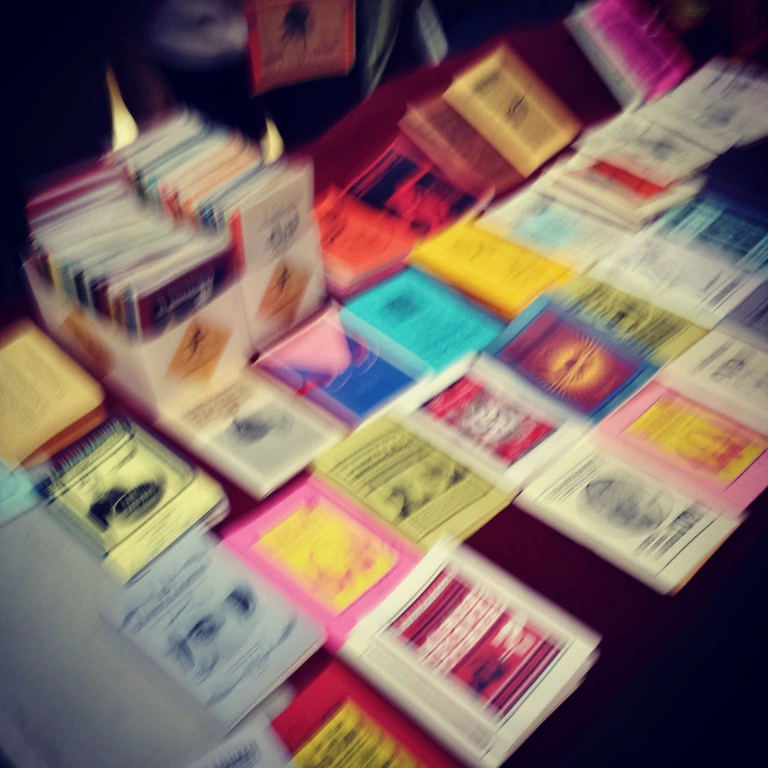Francesca Brooks: 'Notes from Literary Events I attended in First Term'

24.09.2014
Adrian Henri at the Liverpool Biennial
(On the train back to London).
If I had the energy to write, I’d write about Adrian Henri and the Mersey Sound.
I’d write about the sounds of Liverpool and how these sounds and the chiming of Liverpuddlian, can be lyrical, sensual and richly musical.
I’d write about how you can stand in the research centre discovering Adrian Henri for the first time and overhear two Scousers talking about their own adventures with the Liverpool Scene, and about a singular meeting with the round, black-bearded and be-spectacled Henri himself.
Yes, if I had the energy, that’s what I’d write about.
–
04.10.2014
Alice Oswald - Tithonus
A poetic jig.
A foot tapping.
A fly.
But shouldn’t they have driven us out to some field at dawn?
I will reflect a little more later, I promise.
–
15.10.2014
Ali Smith: Living Translation
It began with Ali Smith’s ‘Provocation:’ a rolling, breathy work of sound and voice and soft (irresistible) accent.
Smith speaks like a poem. She holds her breath until she reaches the end of her thought-rhythm, before introducing the next etymological haiku. What genius it takes to craft a polemic into a sound poem: a rapid fire, perfectly formed stream of provocation.
Smith says that “translators are more writer than the original writer” for this is “a double layered writing, a twin responsibility, an osmosis of the self.”
Smith says that we should be learning languages when we are so young that “language structures sink into us like butter into toast.”
Smith says “the translator sees what the writer did not write – it takes that level of close reading.”
Smith says “look and all languages display relation.”
That’s all for now, I will write more later.
–
29.10.2014
Caroline Bergvall - Drift
The tking of the voice, almost the sound of a typewriter or a haptic phone dialling, signals a visual layering of type – a streaming of new letters sounded into illumination.
Understanding is a process of fluctuation.
Letters shrink into illegibility but become small islands of type, shifting land-masses of notation suggesting a map; or are they the lights of the distant city which Bergvall speaks of, the hallucination on the horizon which promises respite yet is not as solid as a land-mass, but is a gathering of sound in words: as material (or immaterial) as the voice which resounds in space until it fades away.
I will write more, later.
–
10.11.2014
The Joy of Influence: Paul Mason and Anne Enright on Thomas Pynchon’s Gravity’s Rainbow
This is all I wanted to note down from the event last night.
During questions at the end (this is more of a comment than a question), a Scottish man in the audience says: “I sped read the book again on the train down from Holyhead to London with some page notes I made in the 1970s. I finally think I know what the book’s about.”
–
Francesca Brooks is in the first year of her PhD at King’s College London, her research looks at multilingualism, translation, and aspects of orality in Old English manuscripts and the printed poetry of David Jones. Follow her @Frangipancesca
